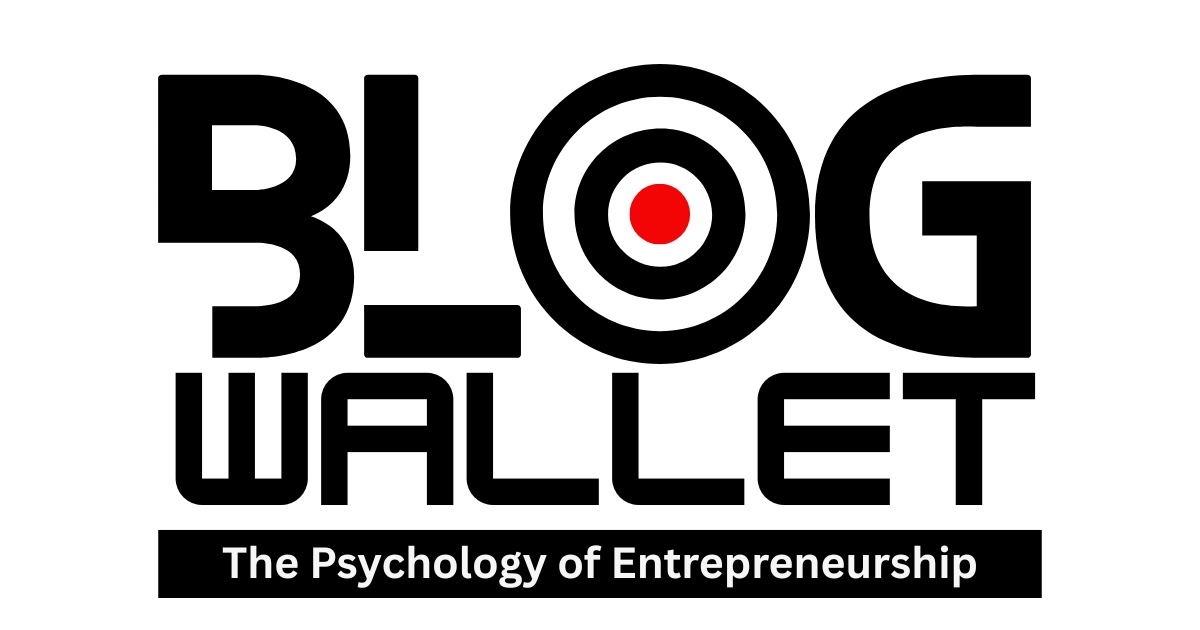
Never undervalue your work as a freelancer. I’ve learned that lesson the hard way, and it always costs more than just money. The challenge isn’t merely about setting a price — it’s the psychological battle of self-worth and the expectations that clients bring. When you price your services incorrectly, it not only affects your bottom line but can also erode your confidence.
1. Know Your Worth
Understanding the value you bring to the table is essential. I’ve had clients say, “You charge too much,” while I knew my skills were worth every penny. It’s crucial to recognize that your expertise and experience are not just numbers; they reflect years of hard work.
2. Research the Market
Before you set a price, do your homework. I’ve seen freelancers jump into projects without understanding what others in their field are charging. Knowledge of the market allows you to align your rates competitively without underselling yourself.
3. Factor in Your Expenses
Freelancing comes with hidden costs — software, taxes, and equipment. I’ve made the mistake of forgetting these expenses when quoting a price. Always ensure your rate covers not just your time but also your overhead costs.
4. Set Clear Project Scope
Ambiguity leads to misunderstandings. I’ve had clients expect more work for the same price simply because the project scope wasn’t defined clearly. Take the time to detail what’s included; it protects you and sets proper expectations.
5. Build in Buffer Time
When estimating how long a project will take, always add extra time. I’ve experienced the panic of tight deadlines because I underestimated the workload. A buffer helps absorb unexpected challenges without impacting your profit margin.
6. Communicate Your Value
Clients need to understand why you charge what you do. I’ve learned to articulate the benefits of my services clearly. When clients see the value, they’re more willing to pay your asking price without question.
7. Don’t Fear Negotiation
Negotiation can feel uncomfortable, but it’s a standard part of business. I’ve had clients push back on my rates, and rather than folding, I learned to negotiate from a place of confidence. It’s about finding a win-win situation while maintaining your worth.
8. Revisit Your Pricing Regularly
The freelance landscape changes, and so should your pricing. I’ve set rates that were appropriate at the start of my career but became outdated as I gained experience. Regularly review your pricing to ensure it reflects your current skills and market demand.
9. Understand Client Budget Constraints
Not every client will be able to afford your services. I’ve faced situations where clients loved my work but couldn’t pay my rates. Understanding their budget allows you to either adjust your offering or know when to walk away.
10. Trust Your Instincts
Sometimes, you just know a project isn’t right for you. I’ve taken on projects that felt off from the start, often regretting the decision later. Trusting your gut can save you time, energy, and money in the long run.
11. Learn from Feedback
Client feedback is invaluable. I’ve received critiques that helped me refine my pricing strategy. Whether positive or negative, each piece of feedback can provide insight into how your rates are perceived in the market.
12. Keep Emotions Out of Pricing
Pricing is a business decision, not a personal one. I’ve had moments where I felt guilty charging what I’m worth. Emotions can cloud judgment and lead to poor pricing decisions that impact your financial health.
Bottom line: Set your prices based on value, market research, and clear communication. Protect your worth and make informed decisions that reflect your expertise. It’s a game changer for your freelance career.



